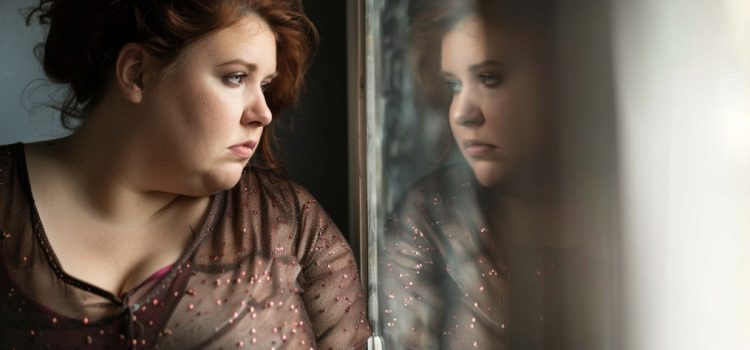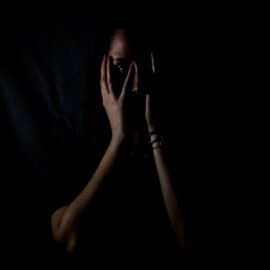
Have you ever felt ashamed of your body? Why is body shaming bad?
In The Body Is Not an Apology, Sonya Renee Taylor explores the consequences of body shame. She outlines its effects on individuals and society, providing compelling reasons to put a stop to this attitude in ourselves and others.
Keep reading to discover three reasons why body shaming is harmful.
3 Reasons Why Body Shaming Is Bad
Why is body shaming bad? Taylor warns that the detrimental consequences of feeling ashamed about one’s body, along with the shift towards embracing all body types, affect not only personal well-being but also the broader community.
#1: A Sense of Alienation From Our Own Bodies
The consequences of body shame can lead to destructive actions and profound self-loathing. Daemon’s upbringing, which taught him to suppress his emotions, mirrors cultural narratives that significantly weaken our connection to and understanding of our own physical selves and unique personal identities. The obstacles arising from these consequences impede the development of deep self-love and the full embrace of our identities.
#2: Body Terrorism
Discrimination and hostility towards individuals who deviate from rigid societal norms of physical appearance is a pervasive form of oppression known as body terrorism. Body Terrorism is a type of violence that increases the likelihood of self-harm and aggressive behaviors. Laws and policies from the past and present, such as the “Ugly Laws” and rules that single out immigrants with higher BMIs, are clear instances of sanctioned bias towards particular physiques, often resulting in profound psychological distress and detrimental effects on the community.
#3: Maintenance of Oppressive Hierarchies
Taylor insists that the perpetuation of hierarchies that assign value to certain bodies while concurrently devaluing others is maintained by the pervasive stigmatization and marginalization based on an individual’s outward appearance. The repercussions of suffering from body terrorism and feeling ashamed of one’s physical form extend beyond singular events. They maintain and fortify hierarchies informed by race, ability, gender, and other criteria, dictating which bodies are deemed valuable or worthy.
This is a centuries-old mechanism of control, which profits from the marginalization and subjugation of those not fitting the prescribed norms. By conducting a thorough analysis and questioning of these established hierarchies, we initiate the process of dismantling the oppressive treatment of bodies and fostering communities that respect diverse body forms and dimensions.






